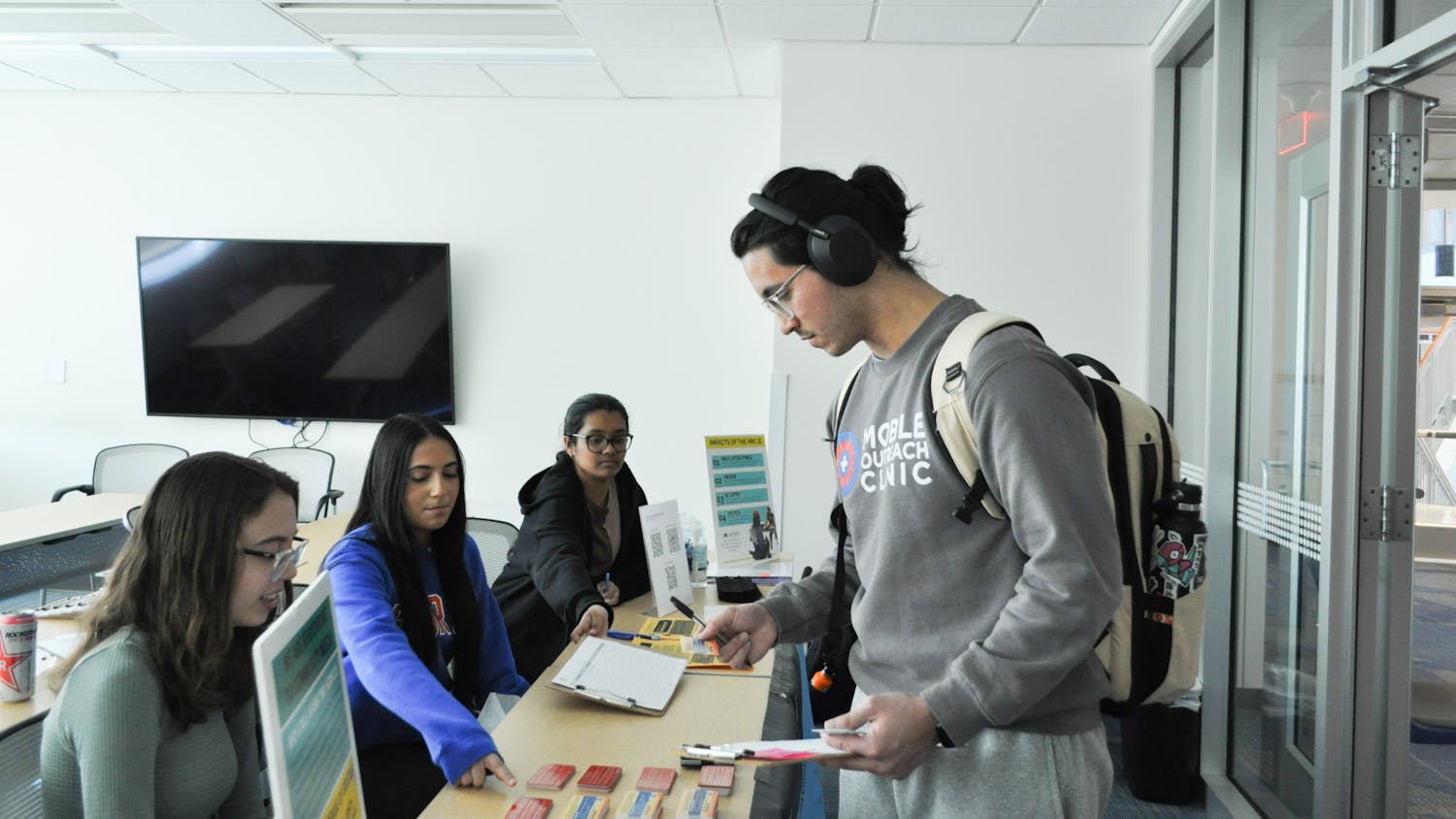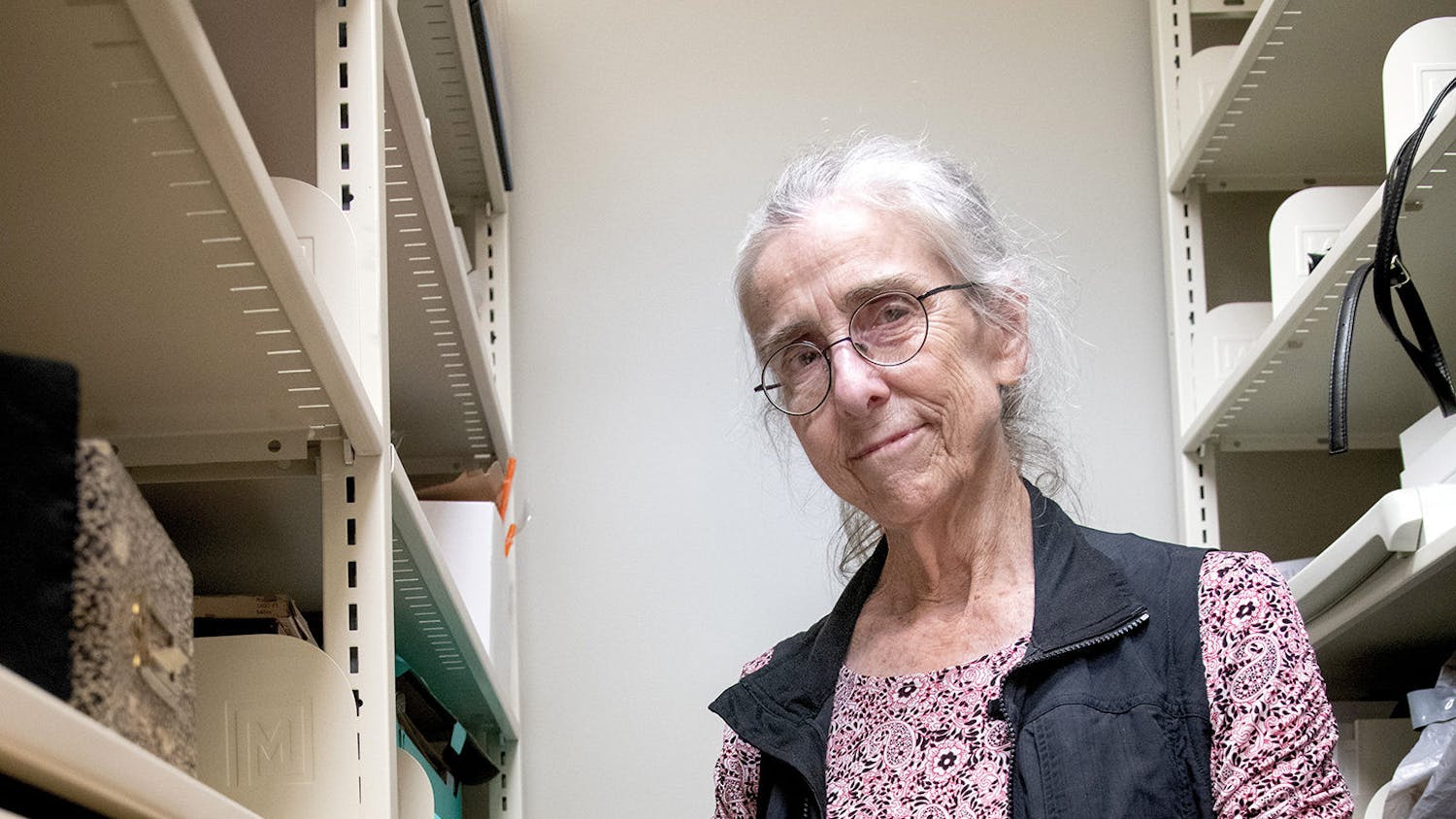The reaction from fellow males to my column last week on the male role in misogyny at UF was quite revealing.
Seeing how radically different the tenor of the responses from men and women were from each other, it’s vital that we explore male apathy toward sexism.
But first, we need to break down the sexism problem a little better.
At an abstract level, almost everyone agrees that sexism is akin to racism in that both are human rights issues.
Despite much progress in certain areas, demeaning language toward women continues with no end in sight.
The justifications seem fool-proof: “They’re just jokes. Take a chill pill or have a sense of humor. After all, we love our women.”
For years, we as men have shut down criticism of our sexism with “Let’s not make a big deal — why don’t you calm down?” These patronizing words serve to painfully remind women that male supremacy shouldn’t be questioned. It’s very easy to say, “Take a chill pill,” when we’re the ones responsible for — instead of having to suffer from — the misogyny internalized in our college culture.
But when you spend your semesters knowing that there’s a 25-percent chance of being sexually assaulted by the time you graduate because of your gender; when you hear the discourse around sexual violence being cleverly framed as just a women’s issue despite 99 percent of rapes actually being perpetrated by men; when you find a naked woman covered in blood next to a Dumpster on Fourth Avenue screaming and repeating, “He raped me,” yet the reporting officers could not care less about finding the perpetrator; when you’re afraid to report a rape because the perpetrator’s social circle will shame you for being “flirty” and having “led him on;” when you become frustrated that in the 21st century, it’s still not safe for members of your gender to walk alone at night; when you’re routinely catcalled various “compliments” on how your physique caters to male-set criteria; when certain academic and career fields are presented as “boys’ clubs,” tying intellectual inferiority with your gender identity; when 35 percent of men admit to having some likelihood of committing sexual assault if they were given full immunity; when you’re a “chick,” similar to how an adult black man was a “boy” in the heyday of racism; when you live day in and day out struggling to restore your human dignity and not have your worth reduced to sexual organs — then you will know why women find it difficult to, “Take a chill pill.”
I hope that living in a cocoon of male privilege doesn’t hinder us — men — from understanding why the outrage over sexism is legitimate and necessary.
There are men who are genuinely disturbed by how females are belittled in front of their very eyes every day but are wary of voicing their conscience. This apathy is intolerable.
Martin Luther King Jr. said the “greatest tragedy” wasn’t the “vitriolic words and the violent actions of the bad people, but the appalling silence and indifference of the good people” — he was referring to the white folks, who despite being sympathetic to the blacks’ struggle for dignity, kept to the sidelines during the Civil Rights movement.
How long will it take for men to step up?
To echo anti-sexism activist Jackson Katz: As soon as it becomes more normal for men to speak out against the degradation of women than it is for them to commit it, “We’ll be a lot healthier society than we are today.”
[Zulkar Khan is a UF microbiology senior. His columns appear on Tuesdays. A version of this column ran on page 6 on 3/18/2014 under the headline "Male apathy: the tragedy in sexism fight"]





